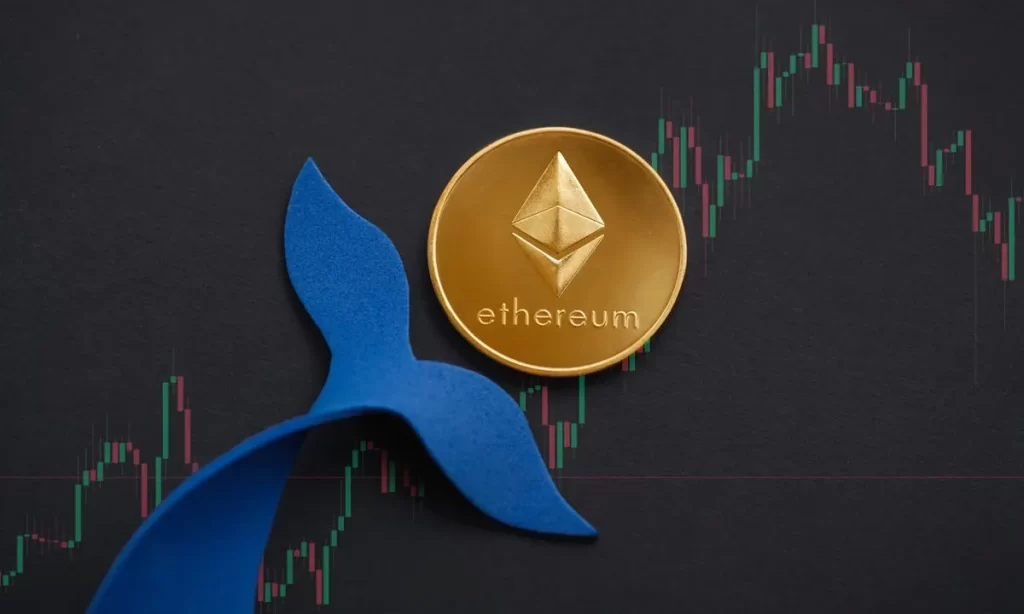PayPal, known for its prominent position in the digital payment industry, has found a novel use for its stablecoin as it seeks to defend its market share, especially against fierce competitors like Apple. The company recently made a strategic move by using PYUSD, the stablecoin it introduced last August, to distribute $5 million of its $6.5 million investment in a startup focused on cryptocurrencies.
This creative approach serves a dual purpose for PayPal. On one hand, it provides a boost to PYUSD, which was initially hailed as a pivotal bridge between mainstream finance and the crypto realm but has struggled to garner widespread adoption. As it stands, PYUSD’s market capitalization is a modest $300 million, ranking it ninth among stablecoins and representing less than 1% of leaders like USDC and Tether. Leveraging its own venture investments can potentially demonstrate the benefits of PYUSD usage, enticing more users to follow suit.
This move also presents an opportunity for PayPal to identify an additional growth driver, desperately needed in the eyes of shareholders. Dissatisfaction with the company’s performance has been evident as its stock has tumbled over 80% from its pandemic-induced peak of $308 to around $61. With the introduction of PYUSD, PayPal is seeking to secure a new source of expansion and overcome its current challenges.
Furthermore, PayPal’s CEO, Alex Chriss, has faced scrutiny for making statements about upcoming product updates that failed to meet market expectations. Despite initial anticipation, the announcements did little to excite analysts and investors, resulting in a subsequent decline in the company’s stock. This highlights the need for PayPal to strike the delicate balance of underpromising and overdelivering, a principle often associated with successful businesses.
However, the road ahead for PayPal is not without obstacles. The company’s primary challenge directly stems from competition with Apple, whose Apple Pay service has been rapidly gaining ground in the e-commerce and retail transaction space, encroaching on PayPal’s market share. Unless PayPal can introduce a hardware device to rival the iPhone, which is highly unlikely for obvious reasons, outpacing Apple remains a significant challenge. Additionally, PayPal’s relationship with Amazon has recently soured, leading to the removal of its Venmo service from the e-commerce giant’s platform.
To bolster its future and regain the status of a growth story, PayPal aims to emerge victorious in the next phase of payment technology. This forthcoming era is anticipated to heavily feature artificial intelligence (AI) and stablecoins – areas in which PayPal has made notable strides. However, success in these arenas will also depend on favorable market conditions and a touch of serendipity as the company fights to maintain its position over the long term.
In summary, PayPal’s innovative use of its stablecoin, PYUSD, reflects the company’s commitment to adapting and staying competitive in a dynamically evolving industry. By exploring new avenues for growth and embracing emerging technologies, PayPal aims to secure its future amidst rising challenges posed by industry giants like Apple and the shifting payment landscape.










